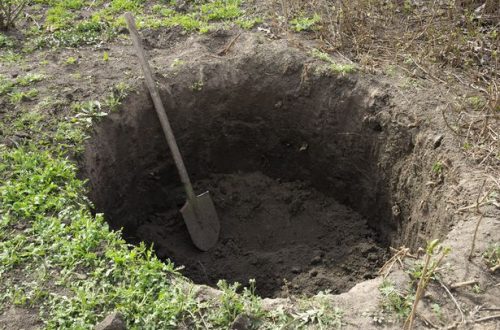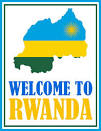This is a guest post by Margie of Tel Aviv
For thousands of years Jews were taught by the wider community to conceal their identity. Jews lived among others and were forced to adapt in order to survive. In many cases Jewishness was something hidden. The Jewish festivals were not the festivals of the country that they lived in but were practised away from the public gaze at different times to those of their fellow countrymen, in a different language and written in different characters. Suspicions arose among the population of these strangers who never quite blended in, who often dressed differently and certainly ate differently. They did not worship in their churches – an admission of sinfulness to peasant communities who had no understanding of the origins of their own religions.
The concept of being proud of being a Jew in public was unknown. The acknowledgement of Judaism often brought death and destruction. In these circumstances children were taught to hide their religion and practise it in secret. We all have heard of families who lit candles in cupboards on Friday night. There are tales of Marrano families realising after generations that their own traditions identify them as Jews.
It struck me recently that the heroes of the Jewish scriptures are always true to life human beings with faults that often proved fatal, such as we all have. Compare them to the heroes of the Greek and Roman mythologies with perfect features and perfect bodies echoing their inner spiritual perfection who possessed designer flaws devised to teach moral lessons to frail humankind. This Western trend continues right up to after World War ll with the advent of the anti-hero in literature. Jewish tradition insists on the true weakness of people who are human in body and soul. Jesus could not have been accepted as he was presented by the authors of the gospels by the Jews because he is a personality without stain in the Greek and Roman tradition.
The poet, David Solway tells us that “according to the Benedictine monk Thomas of Monmouth in his The Life and Miracles of St. William of Norwich (1173), it was an apostate Jew, a certain Theobald, who, swore that Jews had killed twelve-year old William, a tanner’s apprentice, to fulfill their “Passover blood ritual” in the fateful year of 1144-the first recorded such episode in a long line of murderous defamations.” He proposes calling those that we commonly describe as ”self-hating Jews” Theobald Jews instead.
Theobald Jews are old fashioned, throwbacks, children of the Dark Ages. The new Jew the publically proud Jew is a product of the rise of the new Israel, a state that in its short life has succeeded in accomplishing much that others too would have been forgiven for being proud of. However Jews cannot shake off all the shadows of the past successfully. As soon as they walk in the sunlight proudly another disaster strikes, another group declares a boycott or another politician shows himself as human and corruptible. Each such incident is seized on by a Theobald Jew proclaiming his own superiority to the ruck of his fellow Jews .
It seems that these Jews are prepared to believe that others are perfect but despair of being the same themselves. This is how it is in Israel where historians look at the history of modern Israel, find human failings among the people and despair that they will ever be perfect. They castigate themselves for being who they are and extend the privilege of being the victims of circumstance to their enemies, of whom they demand nothing but the simplicity of being and as a result heap criticism for their behaviour on the Israelis and absolve their enemies of blame. That this causes Israel untold undeserved suffering seems to escape consideration and perhaps even recognition.


